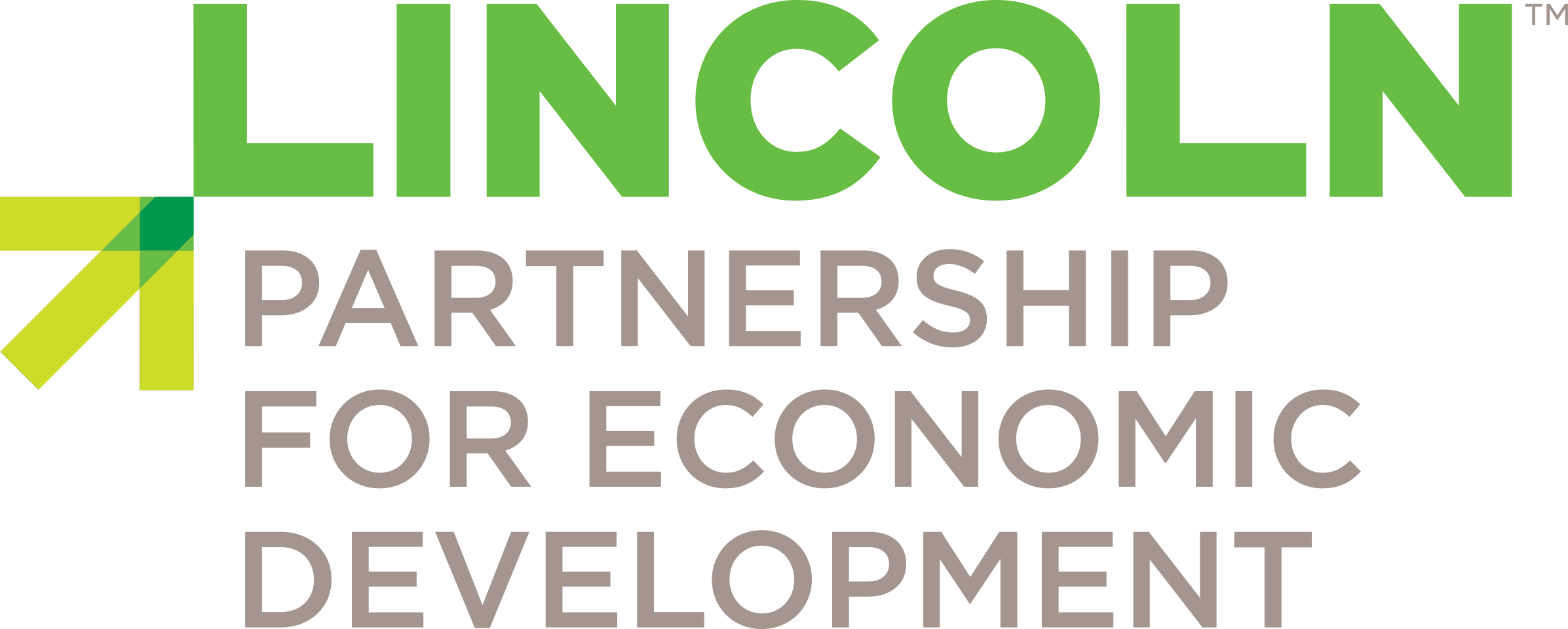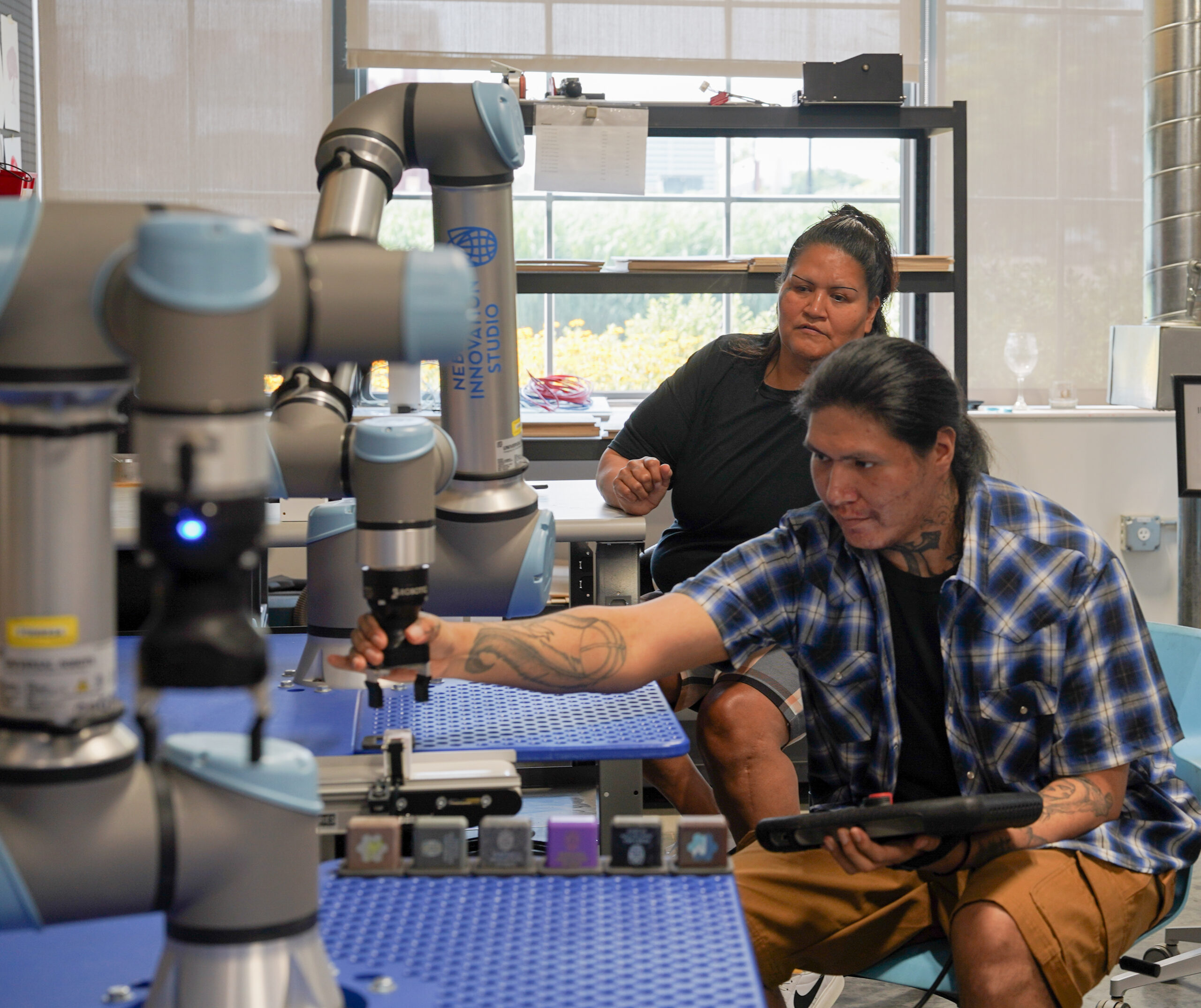Amazon has started giving feedback to the more than 200 cities that didn’t make the initial cut for the company’s planned second headquarters (HQ2). I know that because I read about it in The Wall Street Journal. I also know that because I work in economic development in the St. Louis metropolitan area, and St. Louis was one of the cities that spent a relatively large sum of money (and a whole lot of time and political capital) to try and lure Jeff Bezos to St. Louis.
Some cities received feedback that their infrastructure, including their mass transit system, could not support the 50,000 workers planned for HQ2. In St. Louis, part of the feedback was that our city simply didn’t have the required number of qualified tech workers to adequately meet Amazon’s workforce needs. The response from local economic-development organizations has been, predictably, to start discussing programs that would increase the number of workers with bachelor’s degrees (or better) in computer science, IT, engineering, and other related fields.
Of course, most economic-development organizations have little-to-no ability to influence the two biggest reasons why the region lacks workers with bachelor’s degrees in tech fields: the cost of a college education and student preference. Put differently, if cities and economic development organizations can’t make college cheaper (that responsibility rests with the state legislature) or force students to study certain subjects (that responsibility usually rests with Soviet central planning), I am not exactly sure what they can do to significantly move the needle when it comes to creating more tech graduates.
But there is a bigger issue to consider.
Creating more tech graduates in and of itself isn’t wrong. Far from it. If governments are going to try to create better economic opportunities for citizens (and, though their methods differ, both the left and right appear to agree that creating jobs and secure employment is something government should do), then they should be doing so with an eye on the jobs of the future. If that’s the case, though, their motivation should be about better serving citizens, not about creating human kindling for Amazon’s fire (pun intended)—especially when Amazon’s business model partially depends on relentless automation.
In other words, the political will to invest in people should exist regardless of what Amazon needs, especially when (like any company) Amazon’s needs may change at any moment. The same can be said of the tax incentives and subsidies cities and regions are literally shoveling at Amazon.
In St. Louis, the value of subsidies offered in our failed bid exceeded $7 billion.
That’s billion, with a “B,” for a company that recently halted construction on the expansion of its first headquarters in Seattle after the city proposed a $500 per-head tax on employees to help with the city’s affordable housing crisis—a crisis that is fueled in no small part by the presence of Amazon’s workforce.
Though I work in economic development, I don’t know exactly what $7 billion would buy for the city of St. Louis, but I do know that the cost of a four-year degree, without housing, at the University of Missouri-St. Louis (UMSL) is roughly $44,000. That means that the subsidy and incentives package offered to Amazon would pay for more than 150,000 bachelor’s degrees at UMSL—or three times the number of qualified tech workers Amazon said it needed for HQ2—to say nothing of what that money could do if it were injected into St. Louis’ homegrown entrepreneurial ecosystem.
While subsidies and incentives are different than cash, it is worth noting that $7 billion would also pay for 140,000 Arch Grants, the St. Louis program that has a remarkable track record of recruiting and retaining high potential startups in the St. Louis area. If just a third of those 140,000 Arch Grants recipients hired anyone at all it would equal the number of jobs Amazon promised with HQ2.
Better economic opportunities for cities like St. Louis and the people who call those cities home won’t come from conforming to Amazon’s feedback, or from throwing bags of taxpayer cash at Jeff Bezos, or for that matter Mark Zuckerberg or Elon Musk when Facebook and Tesla inevitably set off a competition between cities for their second headquarters. Opportunity will only come when local elected leaders and organizations recruiting big tech companies invest in people because it’s the right thing to do and the right way to build a strong local economy.
Billion-dollar subsidies are far more than just an obscure economic development issue. They are a localized symptom of a public-sector trend that long ago made the government, as my wife puts it, “for corporations, by the people.”
That needs to change, and as a resident of the St. Louis metro area, I hope that change takes root in my city.
(Author’s Note: Earlier this year I wrote a piece praising Amazon’s decision to bring a Missouri fulfillment center to my county. That piece was written before Gizmodo published research showing Amazon’s dependence on food stamps to subsidize low wages. So, chalk that piece up to my own failure to look past the gleam of Amazon’s yellow smile.
––
J.C. McKissen is a two-time LinkedIn “Top Voice on Management and Culture.” He is also a columnist on Inc.com and a contributor for CNBC and VentureBeat.





